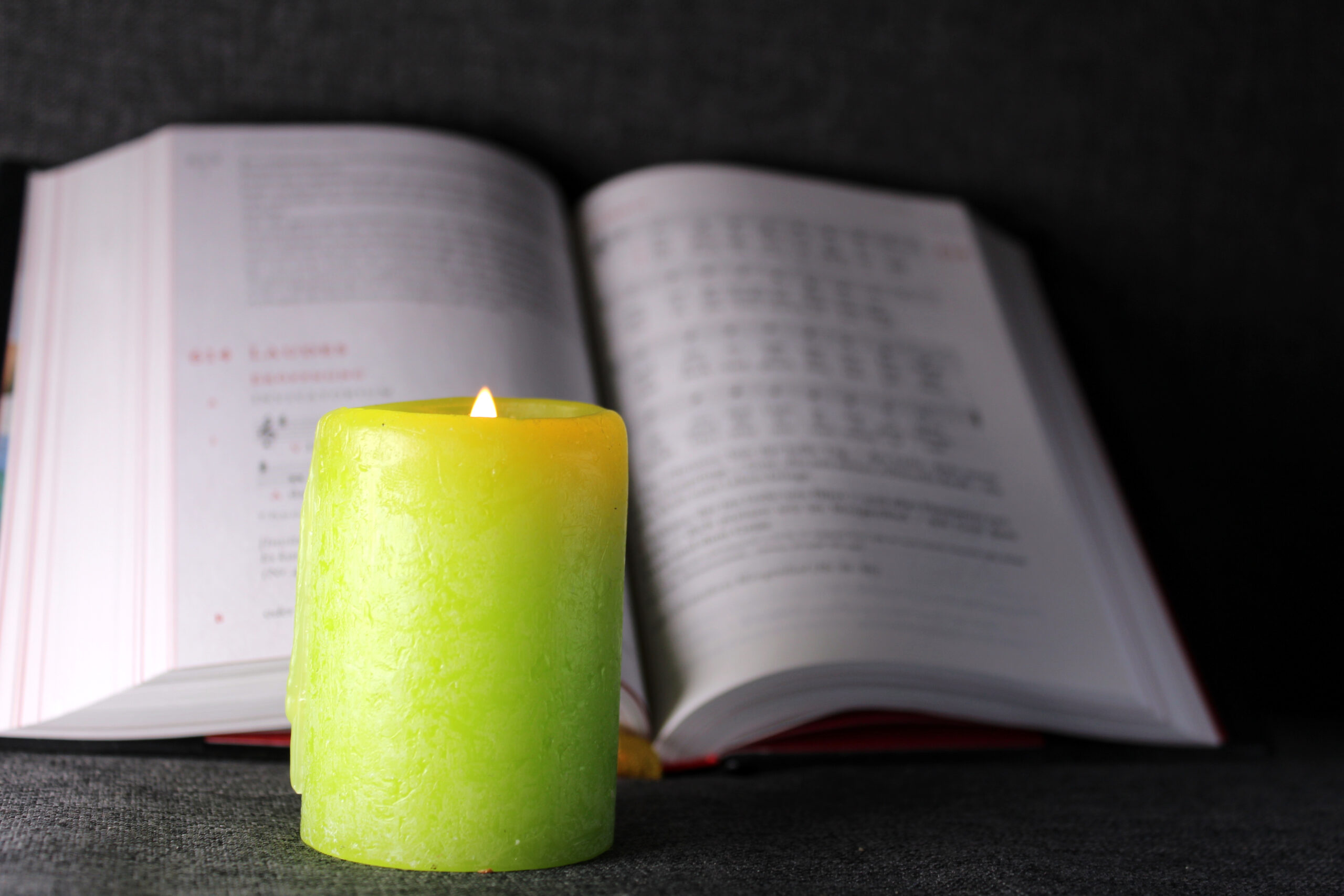Finally, nearly two months into the now not-so-new liturgical year, we are in earnest taking up the Gospel of Luke, on a weekly basis, until late November. And not surprisingly, since we start with chapter one, verse one, we get a statement of Luke’s purpose — and then Jesus’ — in today’s Gospel.
Timely, too, since just several days ago, a new U.S. president gave his inaugural address. As we measure our presidents throughout their terms of office by their opening words, so, too, we can look at Jesus’ first words as having extra importance.
Luke Chapter 4 contains one of Jesus’ mission statements. Along with John 10:10, “I have come that you might have life in all its abundance,” this passage today describes what Jesus thought he was up to in his ministry of healing and wholeness—good news, liberation, healing, freedom and peace. Following the spirit of Isaiah, it is clear that this passage portrays a holistic spiritual vision of transformative change, embracing person and society.
The transformative power of God’s good news changes everything: all dimensions of life pertain to God’s vision of shalom, wholeness, and liberation. Today’s gospel reading challenges us to reflect and act on the social dimensions of God’s good news. In our communities, who needs liberation, healing, protection, restoration, and renewal? What are we going to do about it?
In short, our Gospel today is the announcement, the promise and the invitation of the kingdom of God. Yet, that term kingdom of God may not spur us to action.
The Irish priest and theologian Diermuid O’Murchu has coined his own expression for people who can’t relate to the term “kingdom of God.” He uses “companionship of empowerment” instead. Meaning, we’re all in this together – companionship — and we’re in it to lift people up: empowerment.
For Catholics of a certain age, we may remember the motto, “Pray, Pay and Obey” that summarized our duties. We pray = go to Mass, pay = put something in the collection and obey = follow the regulations of popes, bishops and pastors. It’s a very passive model.
We may also be able to more helpfully relate to this reflection from a 19th-century rabbi: «When I was a young man, I wanted to change the world. I found it difficult to change the world, so I tried to change my nation. When I found I couldn’t change the nation, I began to focus on my town. I couldn’t change the town, so, as an older man, I tried to change my family.
Now, as an old man, I realize that the only thing I can change is myself. And suddenly I realize that if, long ago, I had changed myself, I could have made an impact on my family. My family could have made an impact on our town. The town’s impact could have changed the nation, and I could indeed have changed the world.»
So we begin our response to today’s Gospel, we begin our participation in the kingdom of God, the companionship of empowerment, by starting with ourselves. The classic prayer to the Holy Spirit says it best, and let’s end with it: “Come Holy Spirit, fill the hearts of your faithful, and enkindle in us the fire of your love. Send forth your Spirit, and we shall be created, and we shall renew the face of the earth.”

